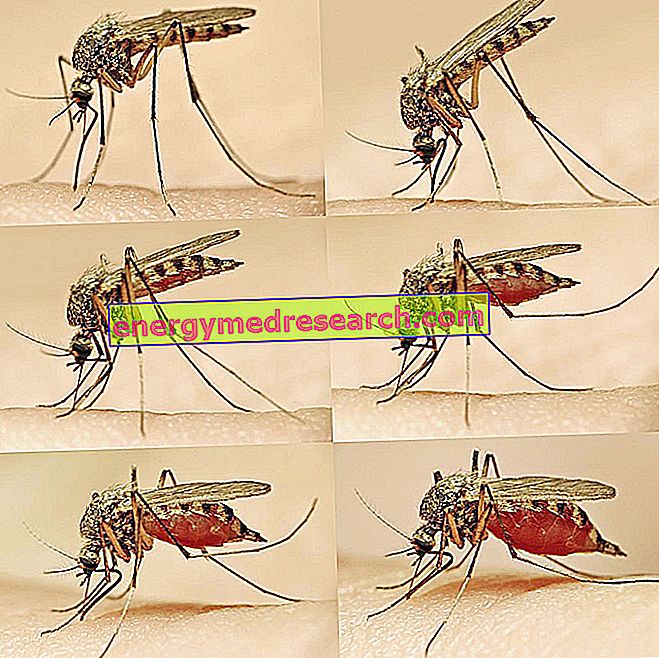Definition
Hyposthenia is a condition characterized by a reduction in muscle strength. This condition manifests itself with fatigue and weakness of all the muscles of the body or of one district.
Hyposthenia is observed predominantly in the case of primary myopathies and peripheral or central nerve lesions, but can also be caused by prolonged immobility (hypotrophy and immobilized muscular atrophy, eg after a fracture) and by the use of some categories of drugs, like antidepressants.
Hypoastenia also occurs following the action of botulinum toxin and in nerve compression syndromes (eg carpal tunnel syndrome).
Hyposthenia is also a symptom of myasthenia gravis and congenital and acquired muscular dystrophies (eg Duchenne dystrophy and Becker disease).
Other causes include: spinal cord tumors, vertebral fracture, disc herniation, alcoholic neuropathy, polymyositis, stroke, osteomalacia and amyotrophic lateral sclerosis.

Possible Causes * of Hyposthenia
- Alcoholism
- Spinal Muscular Atrophy
- Botulism
- Strike of the Witch
- Duchenne dystrophy
- enthesitis
- Slipped disc
- Stroke
- Achilles tendon inflammation
- Adrenal insufficiency
- Myasthenia gravis
- Myelitis
- myelopathy
- Parkinson's disease
- osteochondrosis
- Spastic paraparesis
- Rheumatic polymyalgia
- polymyositis
- radiculopathy
- Amyotrophic lateral sclerosis
- Multiple sclerosis
- Carpal tunnel syndrome
- Cauda Equina syndrome
- Prader-Willi syndrome
- Syringomyelia
- Cervical stenosis
- Lumbar Stenosis
- Spinal stenosis
- trichinosis
- Spinal cord tumors



